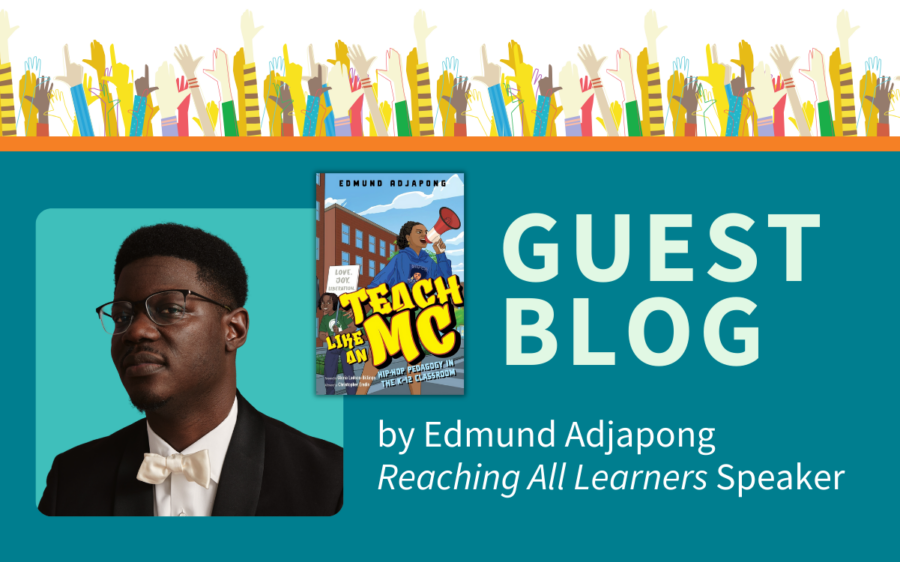If you are a literacy coach or teacher leader, a coaching notebook is a powerful reflection tool. As the end of the year approaches, you can use your notebook to consider the year’s accomplishments and determine goals for the upcoming school year. Your notebook can include each teacher’s schedule along with observation notes and identified goals for each coaching cycle. In addition, professional learning session dates, times, and topics can be included in the notebook to document the critical supporting information. All of this information provides specific data for a deep reflection on your practice as a coach. As you review your notebook, consider the learning journey of each teacher.
- How many coaching cycles did each teacher participate in?
- What professional resources were used?
- Were the identified goals accomplished?
Documenting new understandings and completed goals helps you to develop your priorities for future coaching opportunities. The review also supports you in identifying topics for future professional learning sessions. As you review the coaching cycles, you can reflect on your use of coaching language, coaching moves, use of professional resources, and the goals that were identified and accomplished. The review helps you make goals for your coaching practice.
- What opportunities are there in using professional resources?
- Can the professional resources be used more or in a different way?
- What language helps the teacher to reflect on their practice or support other goals to support teacher development?
- What new areas of learning can be identified for each teacher and for the group as a whole?
Your thoughtful review of your coaching notebook provides an opportunity for you to identify barriers to implementing consistent coaching cycles or the scheduling of professional learning sessions. Your literacy team can meet to discuss and problem-solve these issues in preparation for the upcoming year. It is always important for the literacy team to identify school goals regarding student success, coaching expectations, and learning sessions. The literacy team identifies new expectations and goals through active problem-solving and conversation and develops a communication plan for back-to-school opening meetings.
Being a literacy coach is a dynamic position that encompasses a variety of settings and opportunities to support all teachers in their ongoing development of effective literacy practices. Coaching is a learning journey supported throughout the year with your meaningful reflection on your practice as a coach, and the end of the year is a perfect time to reflect and plan for the next school year!

Develop Your Own Coaching Proficiency!
At our 10-day Effective Literacy Coaching training designed for literacy coaches, instructional leaders, teacher leaders, and administrators, learn how to coach teachers at your school and better understand your leadership role in systemic literacy improvement.
Participate in-person at Lesley University or virtually!







